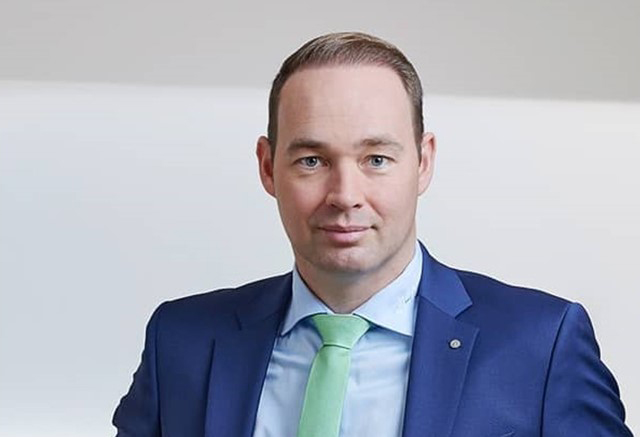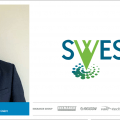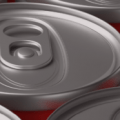Aluminium Deutschland (AD), announced that it has a new president at the helm of the company. The choice went unanimously to Rob van Gils, CEO of Hammerer Aluminum Industries. Its former president, Hinrich Mählmann, will step down after seven years in office.
Five candidates were expected for this election: Rob van Gils, CEO of Hammerer Aluminium Industries; Volker Kampen, managing director of Nordic Holding; Wilfried Knaake, co-manager and corporate vice president of Schüco International AG group and several more representatives of leading German companies. The decision went to Gils unanimously because it was assumed that it would meet the same objectives that AD seeks to boost exports and improve the labor situation.
Following the aforementioned appointment, AD’s new president, Rob van Gils, noted: “I would like to thank the members of the association for their trust and look forward to the new task, which is associated with an enormous challenge. I would like to thank Dr. Mählmann, who modernized the association during his term of office and sharpened its profile. It has never been more urgent than it is today: the aluminum industry is currently facing what is probably the toughest endurance test in its history. Price developments on the energy markets are depriving much of German industry of its competitiveness, with corresponding consequences for employment in the companies. It is precisely in this situation that the Office has a special responsibility.”
A recent member survey conducted by AD shows that approximately four out of ten companies in the German aluminum industry have secured themselves with electricity by the end of 2022 and will have to buy at significantly higher prices as early as 2023, i.e. in just over three months. The same applies to the purchase of gas. For an additional 30 percent, this will be the case from mid-2023.
In this regard, Gils added that the first plant closures are already being observed in Germany and Europe due to high gas and electricity prices. “Most companies in the aluminum industry have hedged with energy for a certain period of time by acting with foresight. For some, however, the tree is already burning,” he remarked.
Therefore, the period of political action is very limited. Gils warned that “we are talking about a few months, if at all. Politicians must now quickly bring relief for the energy-intensive industry on the way, so that Germany does not become the ‘Rust Belt’ of Europe. It must also take into account that the demand for aluminum will increase in the course of the energy and transport transition and that this also has potential for location and employment. With the right framework conditions, we can become the employment driver in the transformation of European industry.”














